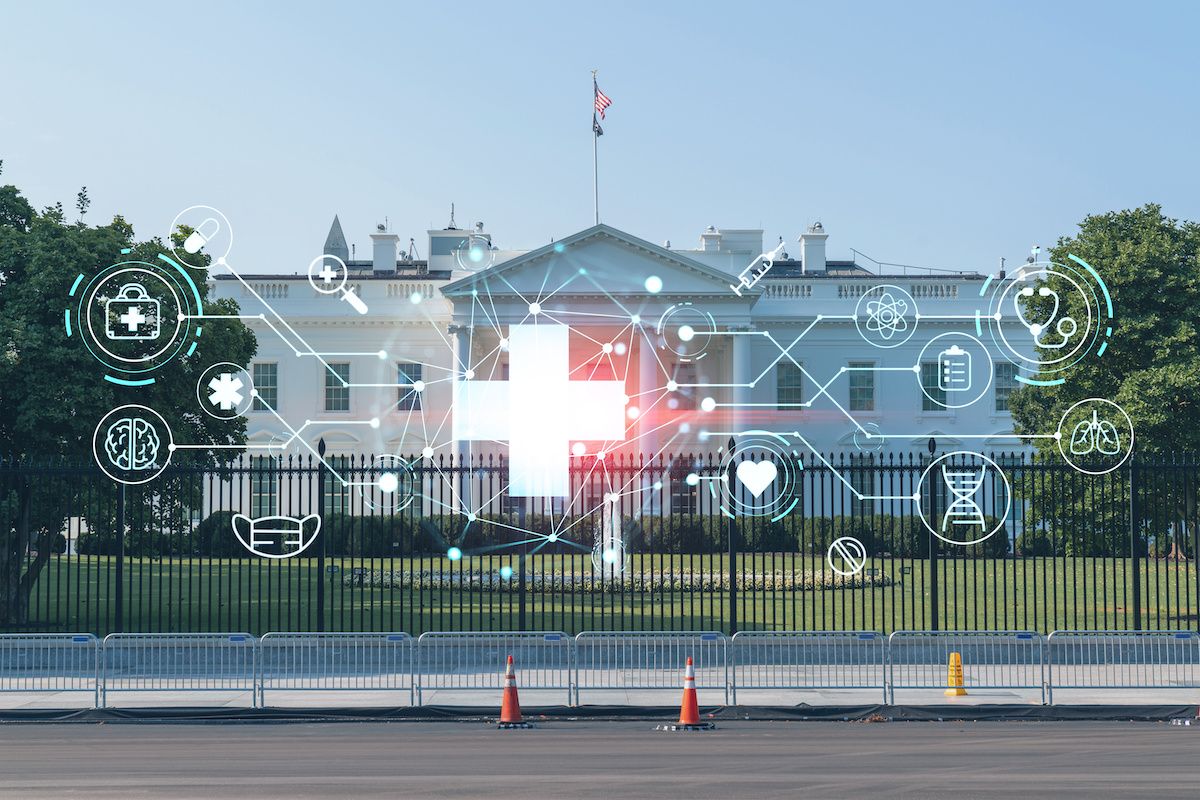
Practice Technology
Latest News
Latest Videos

CME Content
More News

A study suggests that if health care professionals are better trained with AI than its potential to make care more effective could be in the near future.

Ransomware activity in healthcare is reaching critical levels, and physicians need to take action to protect their practices and their reputations

A majority of surveyed physicians have already seen benefits of AI and believe in its continued improvement.

When providers adopt digital tools, they can deliver a better consumer experience that promotes greater patient satisfaction and increases the likelihood of prompt collections.
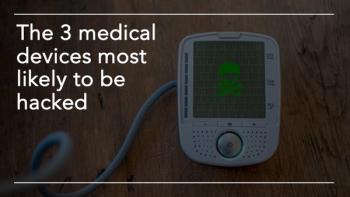
Medical devices, particularly older ones, are common in any medical setting. But did you know that some of them can become gateways for hackers to access sensitive information?

Clearing up misconceptions about neuro sympathetic reset and its role in managing chronic pain and emotional trauma.

Patients still want a human-centered connection with their health care providers

The ACP calls for reduction in low-value EHR alerts in a recent position statement.

Study reveals surprising facts about telehealth and its effects on costs

With so many AI solutions, how can physicians sort through the offerings to determine what will work best for their practice?

Distributed technology for provider credentialing and patient identification can increase access to health care around the globe.

‘We are in a new phase of growth,’ CEO says, as clinicians take to voice-enabled artificial intelligence.

BiomedGPT analyzes medical text and images, capable of faster diagnoses, enhanced reporting and improved drug discovery.
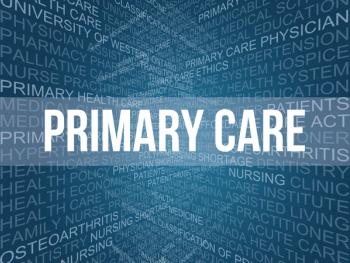
Both brick-and-mortar and virtual options are failing to meet the need

Stockpiling more imported disposable gowns is not the answer. Instead, follow the lead of NASEM and consider reusable personal protective equipment.

Artificial intelligence and personalized incentive structures are coming together to take pressure for treatment plan adherence off doctors’ shoulders.
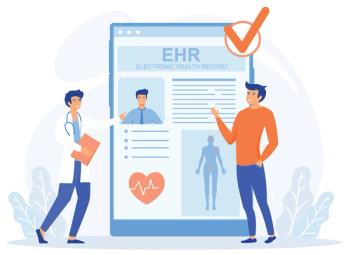
Study suggests a way to use EHRs to develop relationship before patients arrive for an exam.

A recent study compared the diagnostic performance of physicians referencing AI to those limited to conventional resources.

Blue Shield of California and Salesforce look to grant prior authorization answers in near real-time come January 2026.
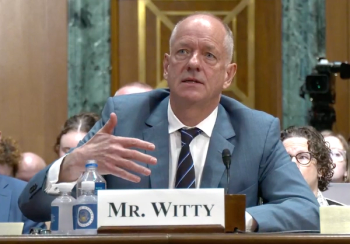
Breach is the largest ever reported the federal government
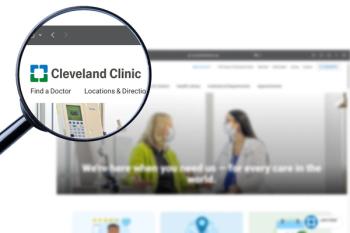
Organizations announce collaboration with new locations to start in 2025.

A meta-analysis of UK-based research found that women get better pregnancy care when AI and clinical software tools are used in maternity settings

The advent of telehealth and remote patient monitoring has created an opportunity to reassess how blood pressure control is measured and managed.

A tool for searching medical records and one that standardizes patient medical information aim to reduce administrative burnout
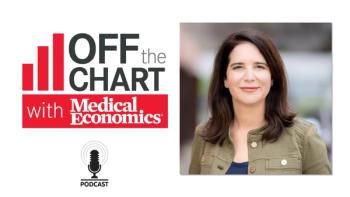
Eve Cunningham, MD, chief of virtual health and digital care at Providence and founder of MedPearl, joins the podcast to discuss challenges with patient management and workflow.

